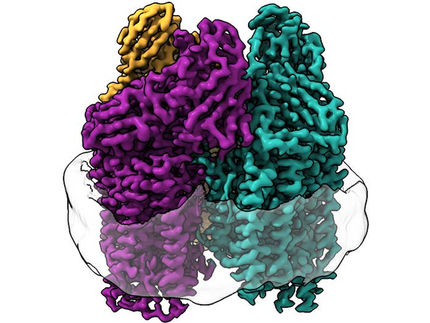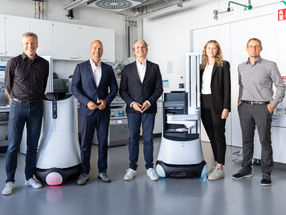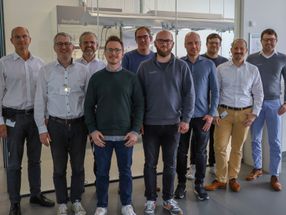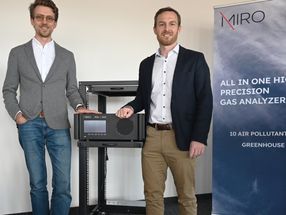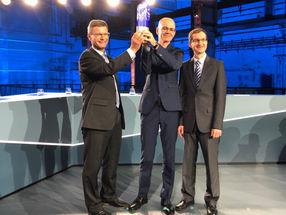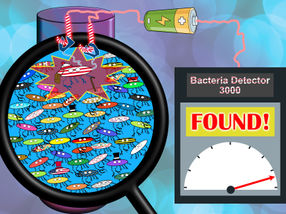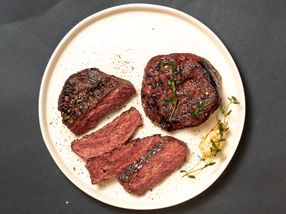Cars to run on fuel from household waste within two years
INEOS has the technology to produce commercial quantities of bio ethanol fuel from landfill waste
INEOS announced that it is aiming to produce commercial quantities of bioethanol fuel from biodegradable municipal waste around two years. INEOS' new technology will produce bioethanol in large quantities from municipal solid waste, organic commercial waste and agricultural residues amongst other things.
According to Peter Williams, INEOS Bio CEO, "In North America and Europe we will see around 10% or more of petrol (gasoline) being replaced with bioethanol. Our technology will make a major contribution to reducing greenhouse gases and the world's need for fossil fuels."
INEOS Bio Ethanol releases up to 90% less net greenhouse gases than petrol (gasoline). One tonne of dry waste can be converted into about 400 litres (100 gallons) of ethanol, which can either be blended with traditional fuels or replace them altogether, to substantially reduce vehicle emissions.
The technology - already proven at pilot plant scale - uses a simple three-stage process. The waste is first superheated to produce gases. Then, through a patented process, the gases are fed to naturally occurring bacteria, which efficiently produce ethanol. Finally, the ethanol is purified to make the fuel ready to be blended for use in cars.
Car companies have already developed engines that can run efficiently on both bioethanol and conventional fuels. Up to now, the challenge has been that bioethanol is manufactured primarily from food crops and this has raised concerns on price and availability.
Peter Williams says, "The fact that we have been able to decouple second generation biofuel from food is a major breakthrough, and we expect our technology to provide cost competitive, sustainable, renewable fuels".
With the technology proven at pilot scale, the next challenge is to bring second-generation bioethanol into commercial production.
Peter Williams, INEOS Bio CEO says: "We expect to announce the location of the first commercial plant fairly shortly and we will aim to quickly roll out our technology around the world. We plan to be producing commercial amounts of bioethanol fuel for cars from waste within about two years.
Other news from the department research and development

Get the analytics and lab tech industry in your inbox
From now on, don't miss a thing: Our newsletter for analytics and lab technology brings you up to date every Tuesday. The latest industry news, product highlights and innovations - compact and easy to understand in your inbox. Researched by us so you don't have to.

